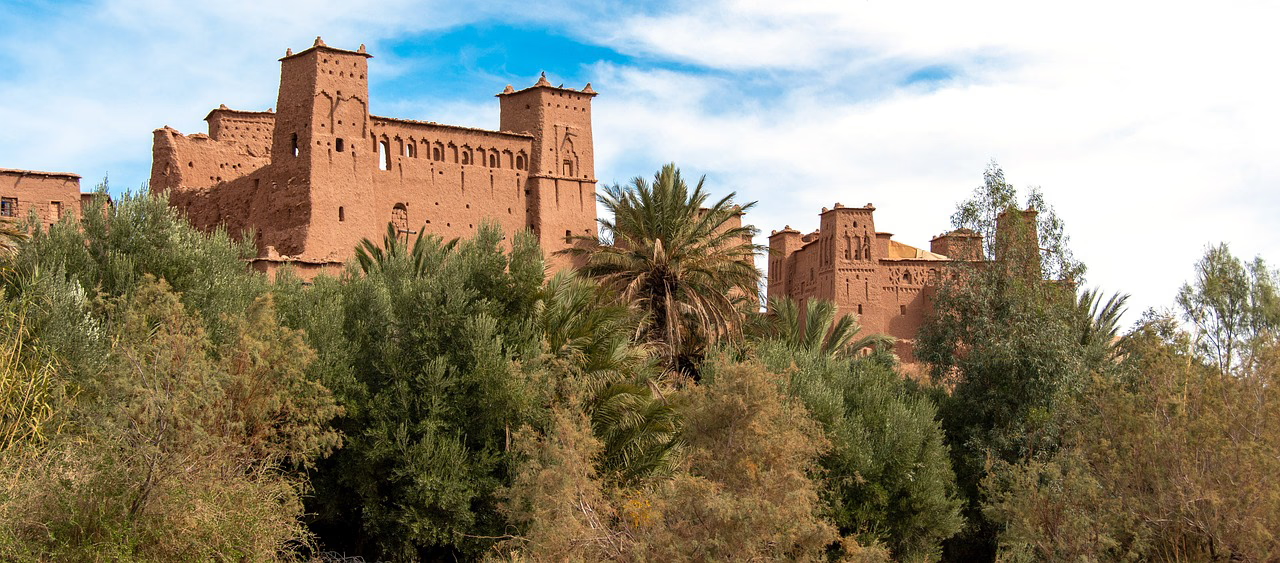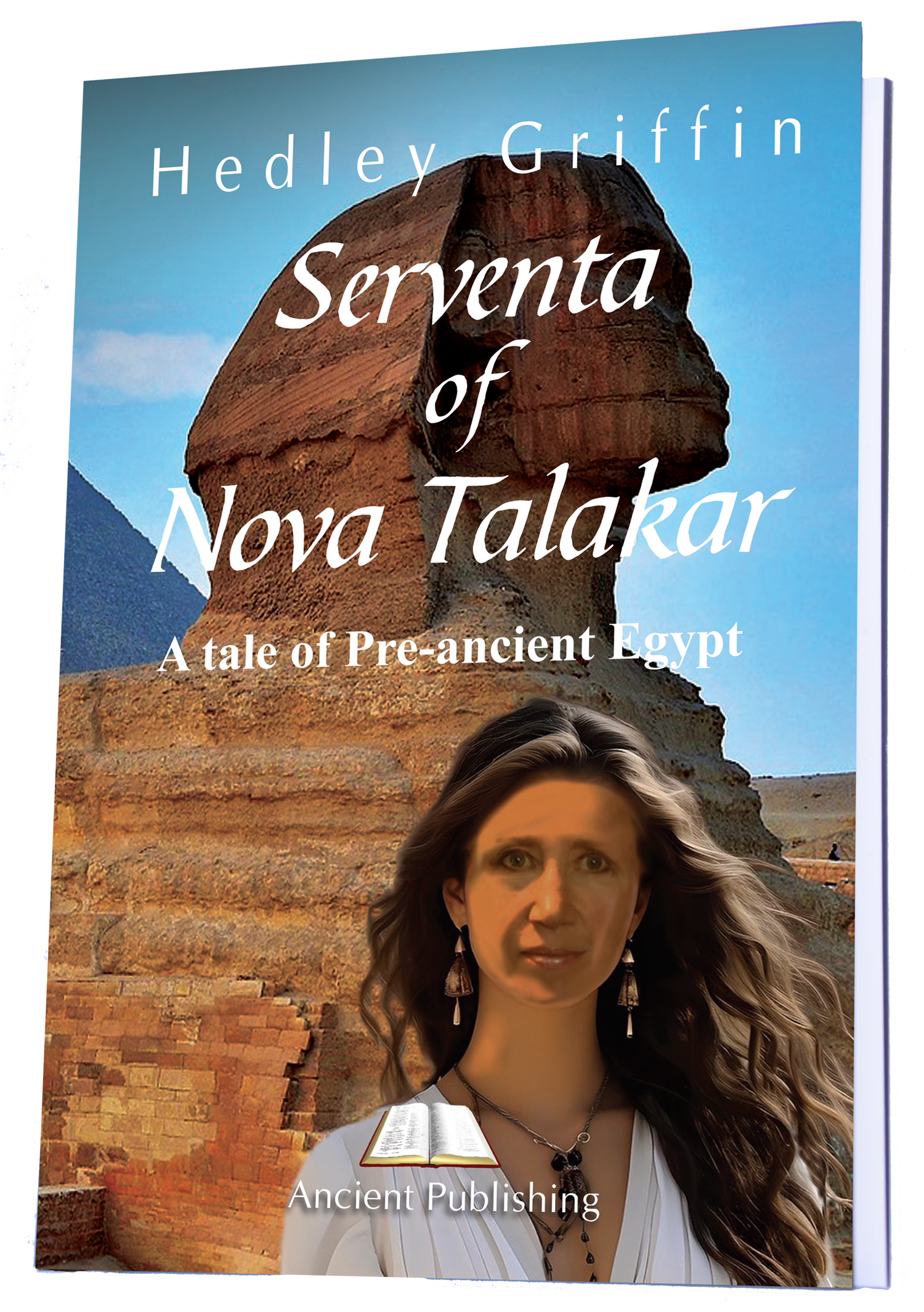Serventa of Nova Talakar, a race of people that lived in pre-ancient history.
Available from Amazon
Hardback ISBN 9798336882902
Paperback ISBN 9798333297235
Logline
Serventa fights against the orthodox religious ruling of the Temples and persuades some to join her exodus out of Egypt to establish Atlantis far to the west, while the Prince of Darkness destroys the Third Civilisation, including Sodom and Gomorrah.
Synopsis
65 million years ago, the second Civilisation had been destroyed. On the astral planes of Spirit, Serventa approaches the Keeper of the Lower Slopes, Hell, to invite Lord Set, Satan, to a meeting in the Wilderness, near the first spiritual plane, to challenge his ambitions for destroying the Earth. They discuss his threats and plans for the future. Serventa enquires about his 'Thought Virus', a weapon he plans for the future Fifth Civilisation. Lord Set is angry that she should know about this, and Karras and other Ancients suddenly appear to defend her, but she puts their minds at rest. Lord Set would not duel with her at this point. Serventa and Karras walk over to the Bahara, a small, round Meditation Hall on the Third Plane. The surrounding views are beautiful, pastel-coloured hills and soft lawns in a parkland. The roof of the Bahara is suspended in the air, supported only by the thoughts of those who attend. Sasha, Serventa's snow leopard, follows and sits with them and other Ancient spirits.
Sixty million years later, five million years ago in our time, a woman is gravely ill and dies. Serventa infiltrates, and takes over the body to live on Earth. In the Temple of Shedet, Serventa is teaching the young priesthood but is watched jealously by RUTHER, the High Priest. The Pharaoh, KHUFUNATEN, also feels threatened by Serventa's popularity and wisdom.
Serventa is summoned to meet the challenge established in Spirit by the Lord Set. He has sent his majordomo, ZEPODUS, to confront Serventa in a spiritual duel of the minds. Zepodus is floored and taken through into the Light, where he is put to rest in the Halls of Healing to recover.
Back on Earth, Serventa and MANSOR, one of her trusty student priests, visit the Temple of Mendes in Lower Egypt, where they are shown the evil practices that are encouraged by the established religion. It is also a laboratory and zoo where they experiment with making living centaurs, minotaurs, chimp-like creatures, and more. Serventa and Mansor secretly explore. They are discovered by Ruther and taken to the Pharaoh. Before they might be punished, LAGUS, the commander of the Medjay bodyguard, comes to warn his Pharaoh about the growing threat from the Zuma amassing on the borders to the east. Two spies from Zuma are caught, but they had been deliberately sent to mislead the Egyptians to act elsewhere away from the planned invasion. Serventa uses her skills to see through this deception, and the Egyptians allow the spies to escape with further disinformation to mislead the army of Zuma. A battle ensues, and the enemy is completely destroyed. There are major celebrations everywhere.
Serventa receives an invitation to go to Sodom, where she meets LUT and EZRA. She is welcomed to Lut's home by EDITH, Lut's wife. In the evening, when Serventa has left, the family are intimidated by rude drunks and ONE-THUMB DRUNK. Lut and his family are kidnapped by bandits from Zuma. Ezra kills One-Thumb Drunk and goes to see IBRAHIM, Lut's uncle. A small army is sent to rescue Lut and his family.
Serventa visits Sodom again with Mansor and MAQUITA. They are appalled to see the people dead and dying from disease, drought and famine. They meet Lut and the family again in the caves, in the mountain overlooking Sodom. Serventa tries to persuade Lut and his family to join them on their exodus out of Egypt to the promised land of Atlantis in the West. Lut insists on staying. A shepherd takes them to see an obelisk, where Serventa explains the meaning and purpose of the site. Before leaving, she warns Lut about the bright light he might see in the sky sometime in the future. If it happens, he is to stay hidden in the caves with his family, but Edith fails to obey, mesmerised by the light, and she is turned into a pillar of salt by the nuclear explosion that also damages the face of the Egyptian Sphinx.


